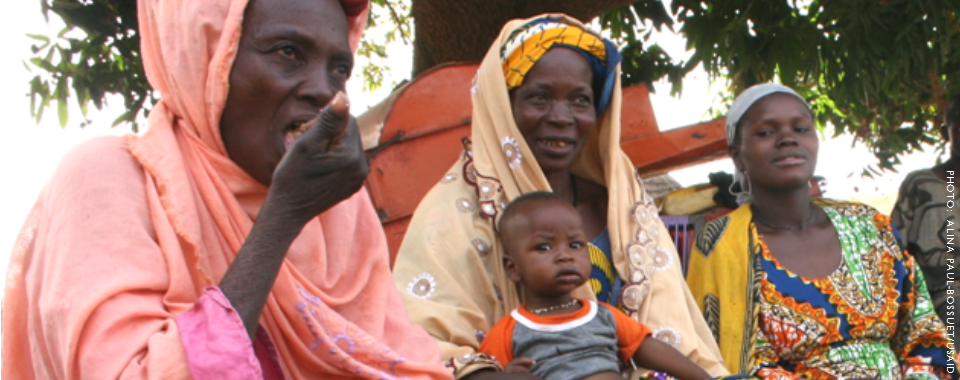BY NATE HAKEN, FILIPA CARREIRA, ELIZAVETA EGOROVA, RACHEL HERSH
Not every explosion in northern Nigeria stems from the radicalism of Boko Haram. Nor is every outbreak of violence in the Niger Delta the result of militants fighting over oil revenues. Rather, violence in its different forms is an expression of a broader and deeper fabric of social, economic, political, and security challenges. Given the wrong set of underlying conditions, collective violence can spark seemingly out of nowhere, whether or not there is a formal paramilitary group active in the region. Even when such organizations do not exist, in an area with past and current episodes of insecurity, latent structures may still be there, to be crystallized at a moments notice–in the event of a political contest, land dispute, turf warfare, or chieftaincy tussle. Violence can sometimes be self-organizing. Just add water.
During the six-month period of May-October 2012, UNLocK network participants met in both the Niger Delta (Port Harcourt, Rivers State) and in the North (Kaduna) to discuss recent trends in social, economic, and security-related conflict risk factors across the country. This report summarizes the findings from those workshops.
